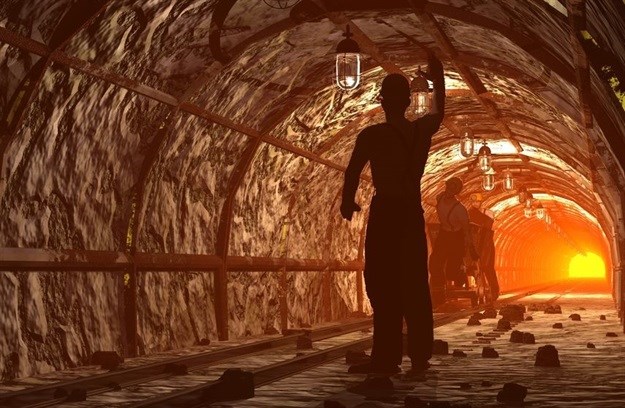From 24 July 2015, mining waste is regulated under the National Environmental Management: Waste Act 59 of 2008 (NEM: WA) and not the Mineral and Petroleum Resources Development Act 28 of 2002 (MPRDA).
The Mining Residue Regulations (MRR) of the Act apply to the establishment and reclamation of mine dumps and stockpiles of similar waste from or incidental to a mining operation, which must comply with the new regulations regarding the planning and management of residue stockpiles and residue deposits from a prospecting, mining, exploration or production operation.
The MRR supersede regulation 73 of the Mineral and Petroleum Resources Development Regulations (MPRD Regulations), which previously regulated mining waste. Most of the provisions in the MRR echo those in regulation 73 of the MPRD Regulations, but there are some significant changes, which are discussed below.
Waste management licences
A waste management licence under NEM: WA is now required for the creation of a residue stockpile.
Applicants for waste management licences must undertake an environmental impact assessment (EIA) process in accordance with the National Environmental Management Act 107 of 1998 (NEMA). Only a basic EIA assessment is required if the waste in question is generated from prospecting or activities requiring mining permits, but a full scoping and environmental assessment is required if the waste is generated by activities requiring a mining right, exploration right or production right.
This means that the mining industry will now have to pay for more detailed and stringent EIA processes involving considerably more public participation than was previously the case under the MPRD.
Registered engineers must design stockpiles
Under the MPRD Regulations, stockpiles had to be designed by a 'competent person'. The MRR now require that a civil or mining engineer, registered under the Engineering Profession of South Africa Act 114 of 1990, must do this.
Stockpiles must comply with landfill requirements
Stockpiles must now also comply with the National Norms and Standards for the Assessment of Waste for Landfill Disposal, 2013; and National Norms and Standards for Disposal of Waste to Landfill, 2013.
Heavy sentences
Contraventions of the Mining Residue Regulations are punishable by up to 15 years imprisonment or an appropriate fine.
Existing conditions continue to apply
Holders of existing MPRDA rights or permits must continue to manage their residue stockpiles and deposits in accordance with existing approved management measures. This is because the MRR treat the measures taken under regulation 73 of the MPRD Regulations as having been done under the corresponding provisions of the Mining Residue Regulations.
Conclusion
The Mining Residue Regulations make the requirements for establishing and managing stockpiles and residue deposits more stringent and almost certainly more expensive. However, given the huge costs of remedying environmental damage, expenditure on the enhanced preventive measures required by these regulations is likely to be money well spent.
This and other updated information is available from LexisNexis Practical Guidance Environmental Law.































